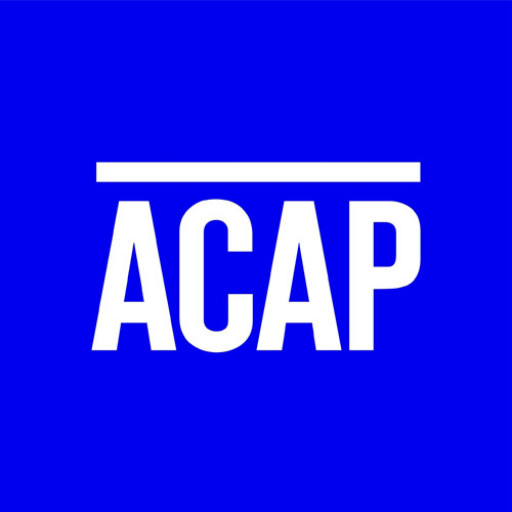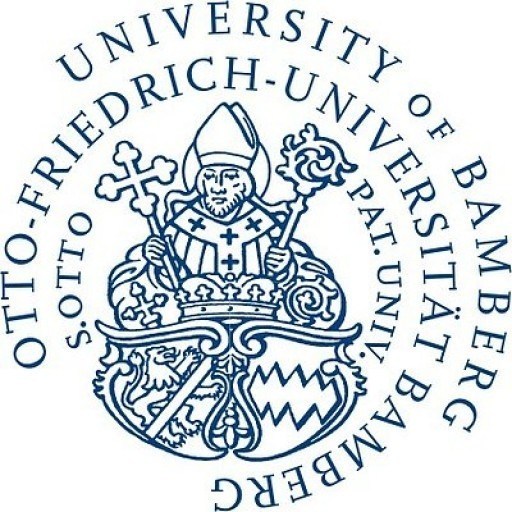Photos of university / #Norduniversitet
Program Description:
Introduction to Norwegian Society, Welfare Development, and Language is a comprehensive program offered by Nord University that provides students with an in-depth understanding of the social, cultural, and political landscape of Norway. The program is designed for students interested in gaining knowledge about the development of Norwegian society, including its welfare system, social policies, and linguistic characteristics. Through a multidisciplinary approach, students explore the historical and contemporary factors that have shaped Norwegian society, focusing on social welfare, equality, and public services. The program emphasizes the importance of language as a tool for social integration and communication, offering courses in Norwegian language and language development. Students will learn about the social policies that underpin the Norwegian welfare state, including health care, education, social security, and social inclusion initiatives, analyzing their impact on different population groups. The curriculum includes lectures, seminars, and practical activities that foster critical thinking and contextual understanding of societal issues. Students will also study the role of language in Norwegian society, examining how language shapes identity, inclusion, and social cohesion. The program prepares students for careers in social work, public administration, language education, or further studies within social sciences or language disciplines. It aims to develop cultural competence, intercultural communication skills, and a nuanced understanding of Norwegian societal structures. Graduates will be equipped with the knowledge and skills to work in diverse settings, contributing to social development, policy making, or community engagement within Norway or internationally. Overall, this program offers an enriching educational experience that combines theoretical insights with practical understanding of Norwegian society, welfare, and language, fostering informed and engaged global citizens.
Programme overview
1ST STUDY YEAR
Spring 2018
Norwegian Society and Social Institutions10 SP SO101S
Development theories and the Norwegian development pattern10 SP SO122S
Norwegian for Foreigners10 SP NO106L
Higher Education Entrance Qualification
Language requirement
The financing of the "Introduction to Norwegian Society, Welfare Development and Language" programme at Nord University is primarily supported through a combination of government funding, student tuition fees, scholarships, and grants. Norwegian government funding is a significant component, ensuring that the programme remains accessible to both domestic and international students. As a publicly funded institution, Nord University benefits from national educational subsidies that cover the core costs of delivering this programme, including faculty salaries, instructional materials, and administrative support.
Tuition fees for international students are set in accordance with national regulations and university policies. These fees help supplement government funding and enable the university to maintain high-quality educational standards. Domestic students usually benefit from lower tuition fees due to governmental subsidies aimed at promoting higher education within Norway. To assist students financially, Nord University offers various scholarship opportunities, including need-based grants and merit-based scholarships, which help mitigate the costs associated with studying.
Students may also access various grants and financial aid programs provided by Norwegian agencies or the Norwegian State Educational Loan Fund (Lånekassen), which offers loans and stipends to eligible students. These financial support options are designed to promote access to education and ensure that economically disadvantaged students can participate fully in the programme.
Furthermore, the university occasionally collaborates with regional government agencies and private sector partners to develop project-based funding and internships that can offer additional financial support and practical experience. The combination of these funding sources ensures the programme's sustainability, allowing students to focus on their studies without undue financial burden. Overall, the financial structure of this programme reflects Norway's commitment to accessible, high-quality education, with policies aimed at minimizing economic barriers for students and ensuring that the programme's resources are effectively allocated to provide a comprehensive learning experience.
The "Introduction to Norwegian society, welfare development, and language" program at Nord University offers students a comprehensive overview of Norway's social structure, welfare policies, and linguistic landscape. This program aims to provide international students and new residents with essential knowledge to understand the societal norms, cultural context, and public welfare systems in Norway. Through coursework that includes lectures, seminars, and practical exercises, students explore the development of the Norwegian welfare state, its history, and its current functioning. The program also emphasizes language skills, offering an introduction to the Norwegian language to facilitate better integration into society and enhance communication with local communities.
Students will examine topics such as social security, healthcare, education, and social services, gaining insight into how these systems are designed and operated to promote social equity and support for all citizens. The curriculum is designed to foster critical understanding of welfare development, including how policies have evolved over time in response to demographic changes, economic shifts, and political developments. Additionally, students will learn about the role of language in shaping social interactions and cultural identity in Norway, exploring the nuances of Norwegian communication practices and societal expectations.
The program often includes interactive components such as group projects, case studies, and visits to local organizations, which serve to deepen students' practical understanding of Norwegian society. By the end of the course, participants are expected to have a solid foundational knowledge of the key aspects of Norwegian social welfare systems, social values, and the Norwegian language, enabling them to navigate and contribute effectively to Norwegian society. This program is ideal for those planning to work, study, or live in Norway, as it provides essential insights and skills needed for successful integration and participation in community life.








